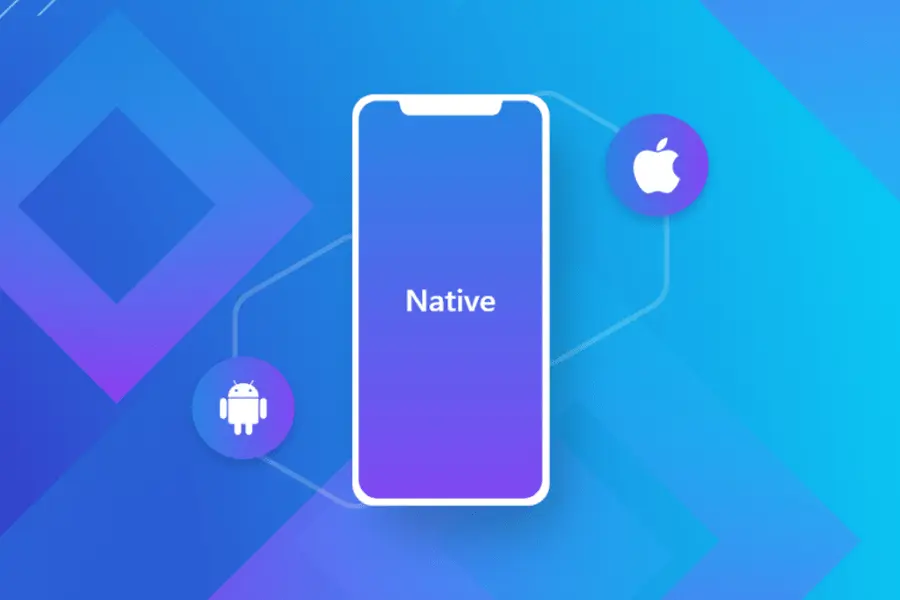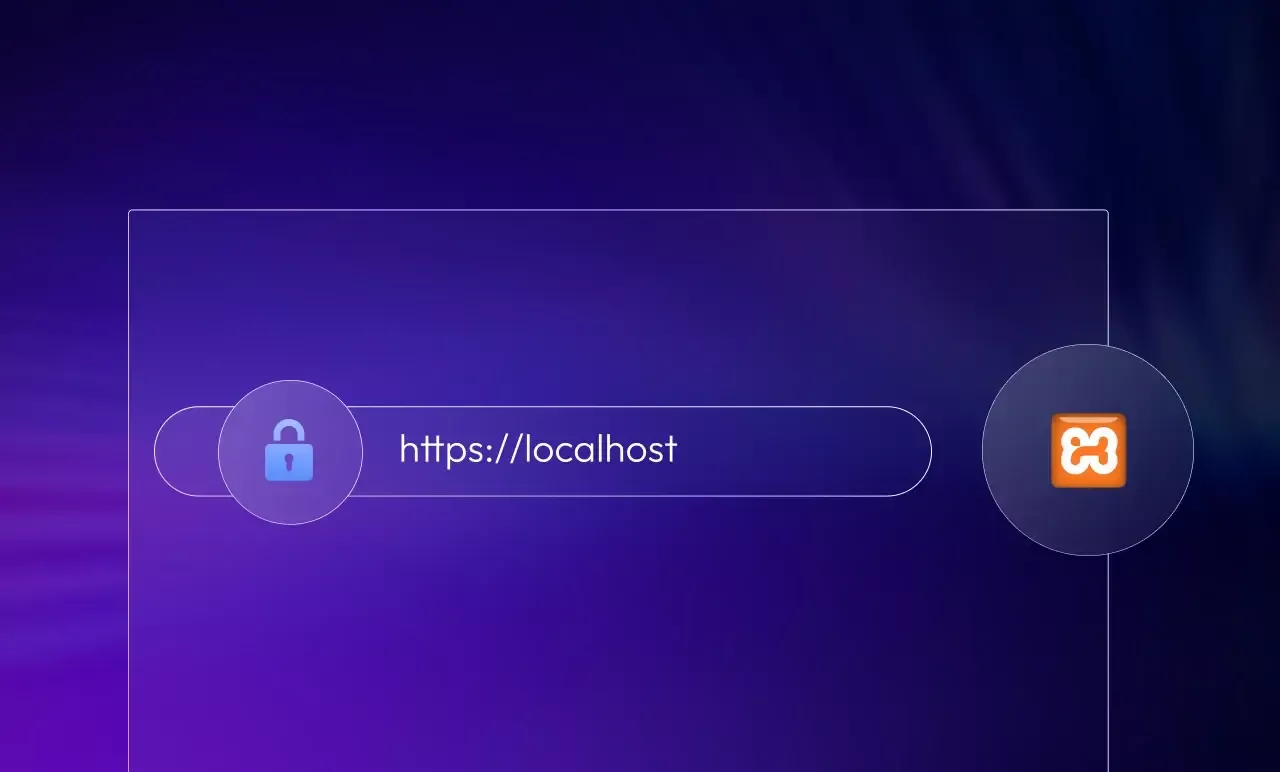The Power of Data Visualization Using Tableau
Hybrid App Vs. Native App – Which one is better?
Technology is progressing rapidly and it is changing the way we live and work. Our huge dependence on smartphones is the best bait for businesses to target the new millennial. For almost everything you can find an app, right from ordering food, playing video games, listening to music to even finding a date for some event, an app can meet every human desire.
However, the likings and expectations of users from around the world create certain requirements for apps. They prefer the apps to be fast, user-friendly, highly responsive and reliable.
There are multiple factors that determine how to select the best technology for a mobile app. Each technique of developing an app has its own set of perks and shortcomings. This article will outline the major differences between the two similar but at the same time very different mobile app development method — Native and Hybrid Application Development.
Here are key differences between native and hybrid mobile apps
Both these methods - native and hybrid have ways to meet diverse needs and purpose of users and developers, but none of them can be said to be the perfect solution. These apps have their pros and cons — both for an app developer and the end user.
Pros of Native Apps
• Full Integration of Device
Native Apps come with many functionalities offered by the mobile devices such as cameras, GPS, calendar,s and microphone. These apps help the users to build an experience that is fully enjoyable and provides great exposure.
• Works without an internet connection
One of the striking features of the Native app is that these apps also work without an Internet connection.
• Excellent Performance
If you are looking to build a high-speed app, then a native app should be your pick. It is designed specifically for some operating systems and provides great performance.
• More secure and safe
All the native apps are accessible through the app stores and reviewed by the app store approval team. This provides a certificate of reliability and assurance.
Cons of Native Apps
• Higher development and maintenance expenses
Native apps are quite intricate since they have a different codebase for each platform and to maintain them, it requires a lot of time and effort as developers have to work and support each version natively.
• No guarantee that apps will get accepted
Once the applications are made, they are required to get approval from the Play Store. And it is a lengthy and tedious process because all the applications have to get approved from the store to get featured. Also, there are chances that the application might get rejected and will not be added to the App Store databases.

Pros of Hybrid Apps
• Unified Development
The main advantage of Hybrid Apps is that it allows the companies to save a lot of time and money in developing more than a single app for leading platforms.
• Works on a single codebase
Hybrid Apps are easier to maintain as the developer needs to manage only one codebase. This ensures smooth and efficient productivity.
• Fastest development speed
Hybrid Apps can be built in a very short period of time. These apps require less maintenance as compared to the native apps and are flexible in terms of launching it on another platform.
• Efficient Scaling
Hybrid apps are also known as cross-platform applications which are easy to scale on different platforms and different operating devices. It permits the development team to reuse the code without making much change in the application.
Cons of Hybrid Apps
• Slow Performance
Hybrid apps are a bit slower because they are based on web technologies and at the same time they are utilizing mobile platforms which can result in poor performance. If the user doesn’t get an impressive experience, then the likelihood of the application becoming popular goes down.
• Poor UX
A hybrid app doesn’t offer a user that smooth experience like a native app. Also, the users very rarely give a second chance to an application that has a poor user interface.
To be precise, it is important to understand the differences between native and hybrid apps. Each has its own strengths and flaws, and the ultimate decision depends almost entirely on your business needs.
Email us or Talk to us at +91-98367-81929 or Simply Contact Us through the website.
Let's Connect












